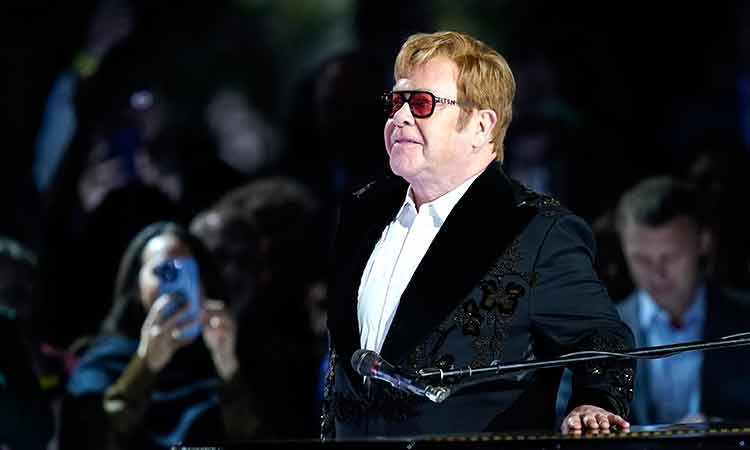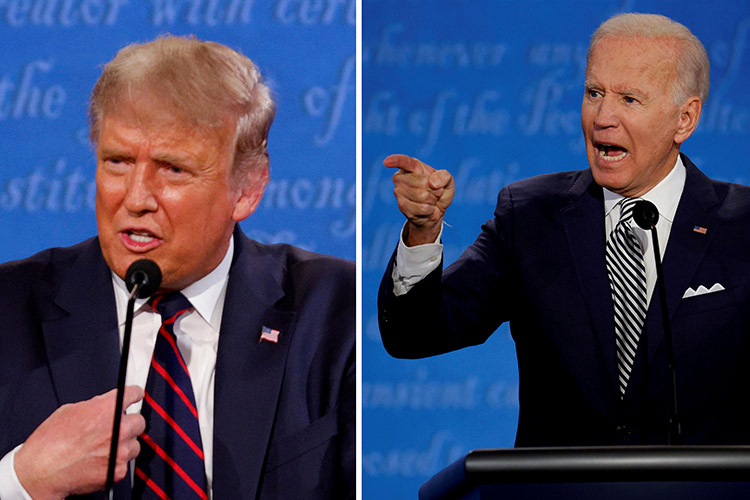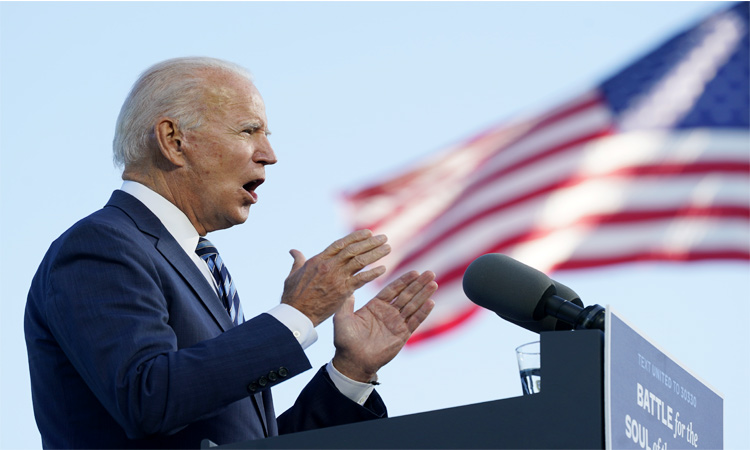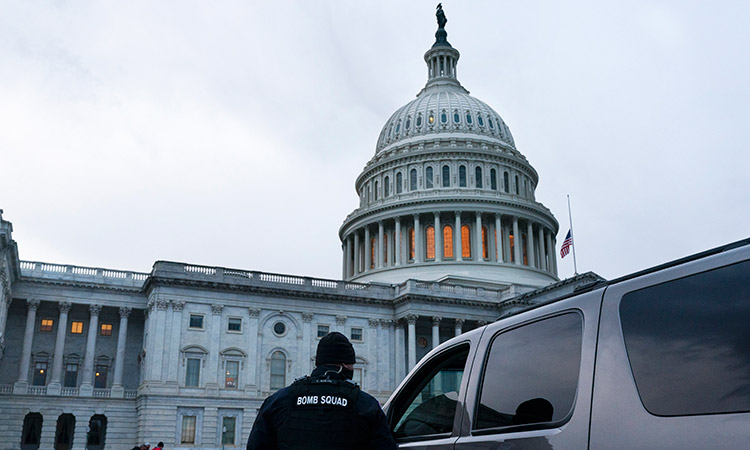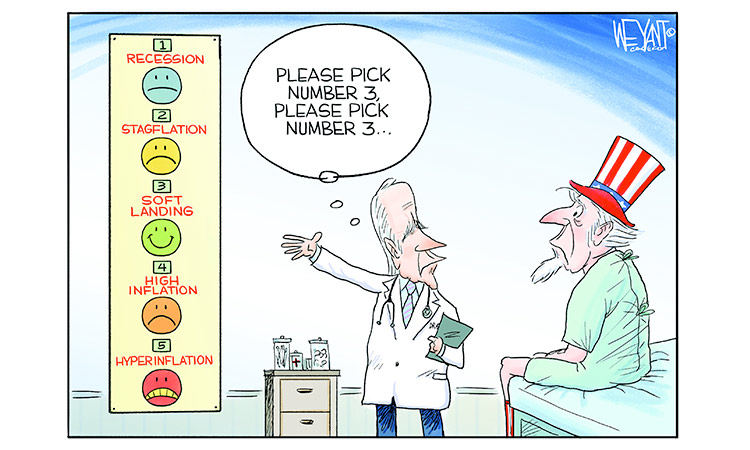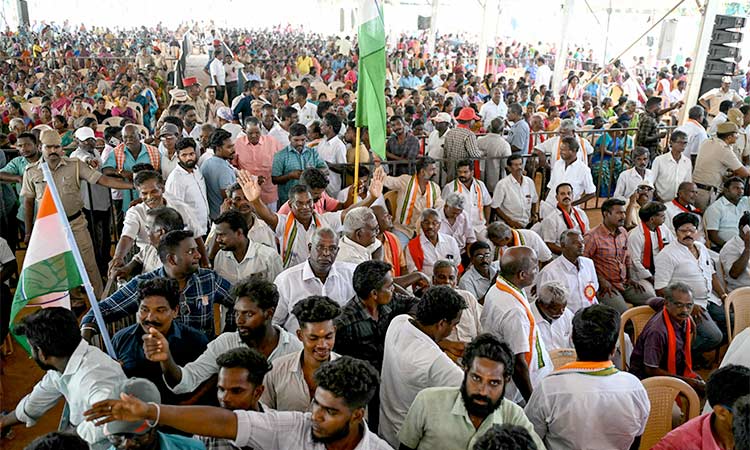Even before Trump, politicians had a loose relationship with the truth
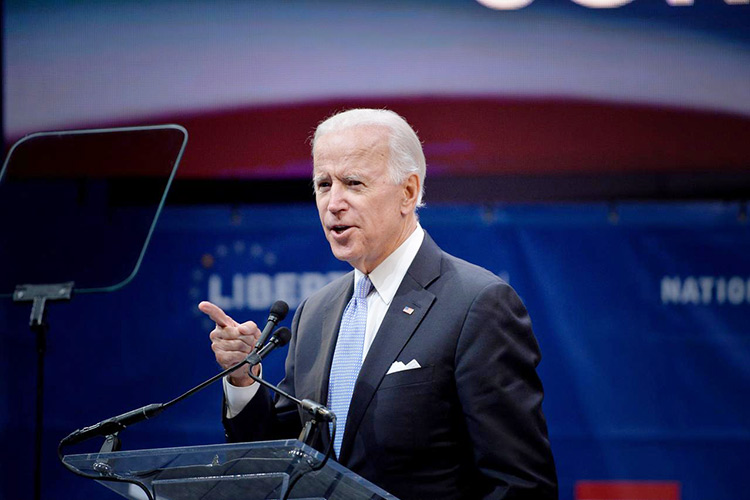
Joe Biden
Dave Anderson, Tribune News Service
Politicians are known for many things, but telling the truth is not regarded as one of their chief strengths. Long before President Donald Trump came to Washington, US senators, representatives, presidents, vice presidents and Cabinet members have shown themselves to be highly skilled at saying what they need to say in given circumstances to achieve their objectives.
If withholding information is needed to achieve an objective, then information is withheld.
If spinning information in a certain way will help your boss or increase the chances that a bill will get passed, then information is spun.
And, indeed, if not telling the truth, at least not in a legal setting, needs to be done, well many politicians do the deed: they don’t tell the truth.
The Trump era has initiated something different, something that goes far beyond the normal parameters of political withholding, spinning and even lying. Trump, according to the Washington Post, has made false statements, misled or lied to the public over 20,000 times since he took office in 2017. That is a remarkably high number of mistruths. Is the difference between Trump and other politicians one of degree or kind? That is: is Trump a traditional politician on steroids or is he a different kind of politician? And does American politics need a return to truth, and if so what precisely does this mean?
Trump is definitely much different — and much worse. But it would help in our quest to “get back to normal” under the leadership of President-elect Joe Biden and Vice President-elect Kamala Harris if we recognised that truth is a complex concept. There are typically disagreements about what the truth is concerning a description or explanation of reality in physical and social sciences. Theories and empirical descriptions and explanations that are true today may be proven untrue tomorrow.
In the fields of ethics and political philosophy, many of our best thinkers, including the late-20th century philosophers John Rawls and Richard Rorty, deny that there are moral truths and call instead for a more pragmatic approach to ethical relations. That was also the point of view of John Dewey, who was the leading philosopher of the entire movement of American pragmatism in the first half of the 20th century.
Democratic thinking itself thrives on concepts of pluralism, tolerance and diversity. Although a democracy may respect certain basic rights, so much of the process of democracy involves exploration, investigation and deliberation, where individuals are compelled to work together to arrive at plans, programmes and regulations to improve society. Science and democracy, Dewey argued, share this sense of collective responsibility to solve problems. Yes, we would like our politicians to make a habit of not telling bald-faced lies or distorting statistics and basic facts in ways that confuse and mislead the electorate.
And yes, we must reject agendas constructed from false claims.
But democracy requires inquiry, deliberation, judgment and challenges to what one politician or one party says are the facts and what they conclude are the best courses of action to take.
Thus, what we need is not a return to truth, as if we ever really had it. Instead, we need to recognise that empirical and ethical inquiries are by their nature contested activities, especially in the political sphere. We need to force politicians to give strong evidence to support their empirical claims and make strong arguments to support their ethical claims. And we need the media and the pundit class to police this process fairly.
When politicians are lying through their teeth, we need to call them on that. But we don’t want to treat the topics that politicians are addressing in committee hearings, in public gatherings and on television as simple, clear-cut matters. When you are talking about complex matters it is frequently not the case that there is an unambiguous truth to be found. Instead, it is frequently the dedicated, demanding collective work of responsible professionals and responsible citizens that will show us the way forward.
